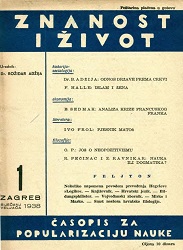
Još o neopozitivizmu kod nas
article from iussue 1/1938 of the journal »ŽIVOT. ČASOPIS ZAPOPULARIZACIJU NAUKE«, there pp. 37 to 51
More...We kindly inform you that, as long as the subject affiliation of our 300.000+ articles is in progress, you might get unsufficient or no results on your third level or second level search. In this case, please broaden your search criteria.

article from iussue 1/1938 of the journal »ŽIVOT. ČASOPIS ZAPOPULARIZACIJU NAUKE«, there pp. 37 to 51
More...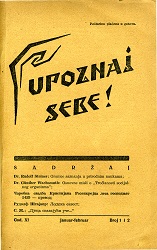
Serbo-Croatian Translation of one of the lectures held by Rudolf Steiner between September 27 and October 3, 1920 at the Goetheanum in Dornach (Switzerland). The text has been published in the issue 112, January / February 1941, oft he journal » Upoznaj sebe «. This journal (english title: „Get to know yourself“) has been an anthroposophic journal published in the 1930s Yugoslavia.
More...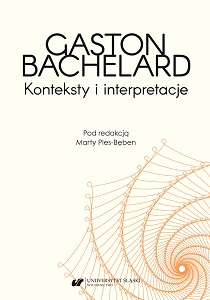






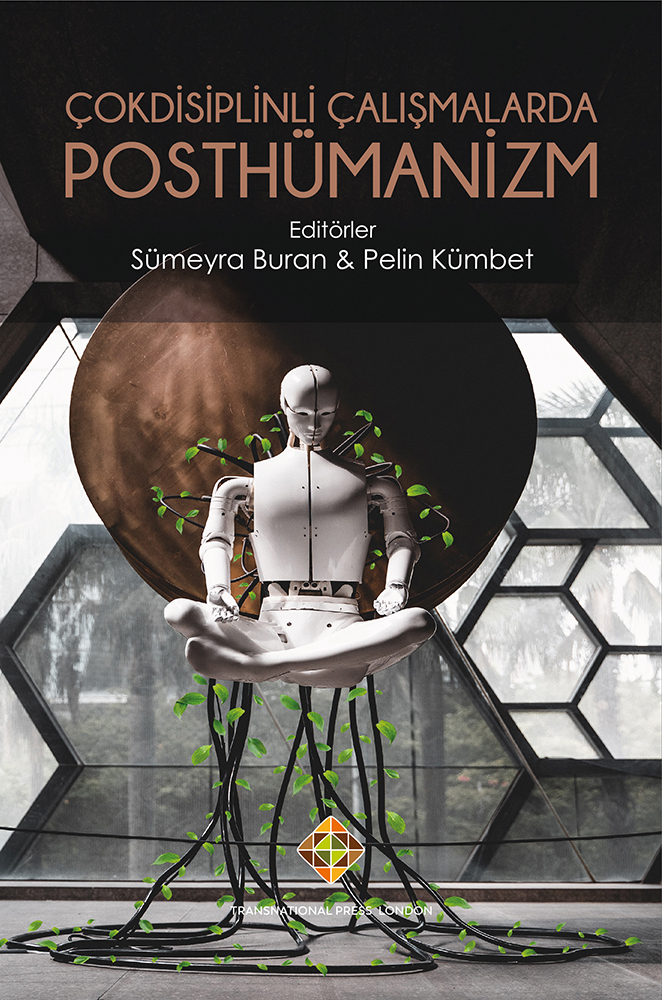
Yapay zekâ teknolojilerinin sağlıktan eğitime, bankacılıktan sigortaya kadar çeşitli sektörlerde uygulanması, dünyayı deneyimleme şeklimizi değiştirdi. Dünya ekonomisinin kapitalizm sonrası eğilimleri, hükümetleri ve şirketleri yapay zekâ sektörüne yatırım yapmak için çekmeye devam ederken meselenin etik boyutu da gündemi işgal ediyor. Yapay zekânın muazzam potansiyeli, bilim insanlarını ve benzer şekilde filozofları konuya çeşitli açılardan bakmaya davet ediyor. Bir yandan, yapay zekâ ile ilgili felsefi tartışma, insan bilinci ve rasyonalite hakkındaki eski sorulara yeni cevaplar sunmanın yanı sıra yeni soruları da ortaya çıkarmaktadır (Copeland 1993; Dennett 1997). Öte yandan, transhümanizm ve tekillik ile ilişkili görüşler (Kurzweil 2015; Chalmers 2016) eleştirilere ve kıyamet senaryolarına yol açmaktadır (Bostrom 2014; Berardi 2017). Sunulan yaklaşımlar Aydınlan-ma (Horkheimer ve Adorno 2002) teknoloji (Heidegger 1997), teknoloji toplumu (Ellul) veya insan rasyonalitesinin tek boyutluluğu (Marcuse 1996) hakkındaki eleştirileri hatırlatmaktadır.
More...
Transhümanizm ve posthümanizm insanın şu andaki halinden farklılaşacağını, bir tür evrimleşmenin meydana geleceğini iddia etmektedir. Bu evrimleşmenin ise aşamalı olacağı, transhümanizmin sonunda, kaçınılmaz olarak, posthümanizme ulaşacağı bazı transhümanistlerce iddia edilmektedir (Ferrando 2013). Aşağıda örneklerle açıklandığı üzere, söz konusu değişimin anahtarı ise biyoteknolojidir. Biyoteknoloji; bilim ve teknolojinin, insan üzerindeki uygulamalarının birleşme noktası olarak kabul edilebilir (Ferrando 2013).
More...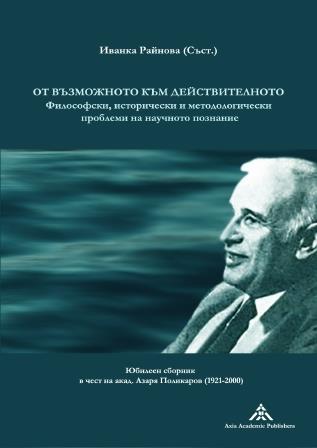
Since the 19th century, following the rapid rise of the sciences and the changes in the understanding of scientificity, the status of philosophy has been called into question: philosophy has been forced to fight not only for recognition, but even for its right to exist. The denial of philosophy's scientificity and achievements by scientists and technocrats, and hence the destabilization of its place and position within society and academia, led to the "identity crisis" of philosophical knowledge. The different reactions of philosophers in this respect can be reduced, in the final analysis, to two opposing positions: the attempt to justify anew philosophy as a kind of science or the refusal of such a justification. There are also some attempts at intermediate solutions that mainly try to blunt, if not to elimi-nate, the opposition between philosophy and science. This paper offers a fleshing out of this general picture by presenting the various paradigmatic solutions proposed by Brentano, Husserl, Heidegger and Ricoeur. The thesis of Raynova is that the anti-scientism, which is considered to be inherent to the phenomenological schools, does not necessarily imply a negation of the sciences and scientificity. What the phenomenologists deny is scientific reductionism, i.e., the reduction of knowledge to the factual cognition, the naturalization of intentions, or the presentation of thinking as a pure consequence of biochemical processes. Henceforth, phenomenologists take different positions on the question of the relation between philosophy and the sciences and even arrive at opposing views.Since the 19th century, following the rapid rise of the sciences and the changes in the understanding of scientificity, the status of philosophy has been called into question: philosophy has been forced to fight not only for recognition, but even for its right to exist. The denial of philosophy's scientificity and achievements by scientists and technocrats, and hence the destabilization of its place and position within society and academia, led to the "identity crisis" of philosophical knowledge. The different reactions of philosophers in this respect can be reduced, in the final analysis, to two opposing positions: the attempt to justify anew philosophy as a kind of science or the refusal of such a justification. There are also some attempts at intermediate solutions that mainly try to blunt, if not to eliminate, the opposition between philosophy and science. This paper offers a fleshing out of this general picture by presenting the various paradigmatic solutions proposed by Brentano, Husserl, Heidegger and Ricoeur. The thesis of Raynova is that the anti-scientism, which is considered to be inherent to the phenomenological schools, does not necessarily imply a negation of the sciences and scientificity. What the phenomenologists deny is scientific reductionism, i.e., the reduction of knowledge to the factual cognition, the naturalization of intentions, or the presentation of thinking as a pure consequence of biochemical processes. Henceforth, phenomenologists take different positions on the question of the relation between philosophy and the sciences and even arrive at opposing views.
More...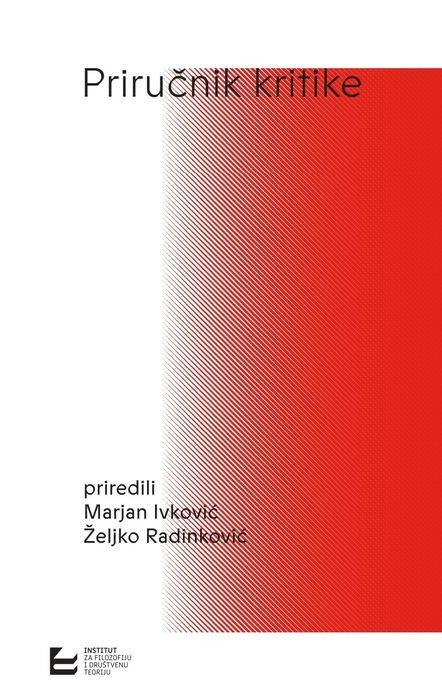
Although "Enlightenment" and "critique" may seem self-explanatory and redundant at first glance, a closer examination reveals their complex, evolving meanings in the context of modernity. This dual perspective highlights how the Enlightenment era redefined critique as a rational tool for challenging tradition, deconstructing myths, and fostering an intellectual revolution across philosophy, history, and science.
More...